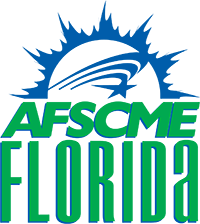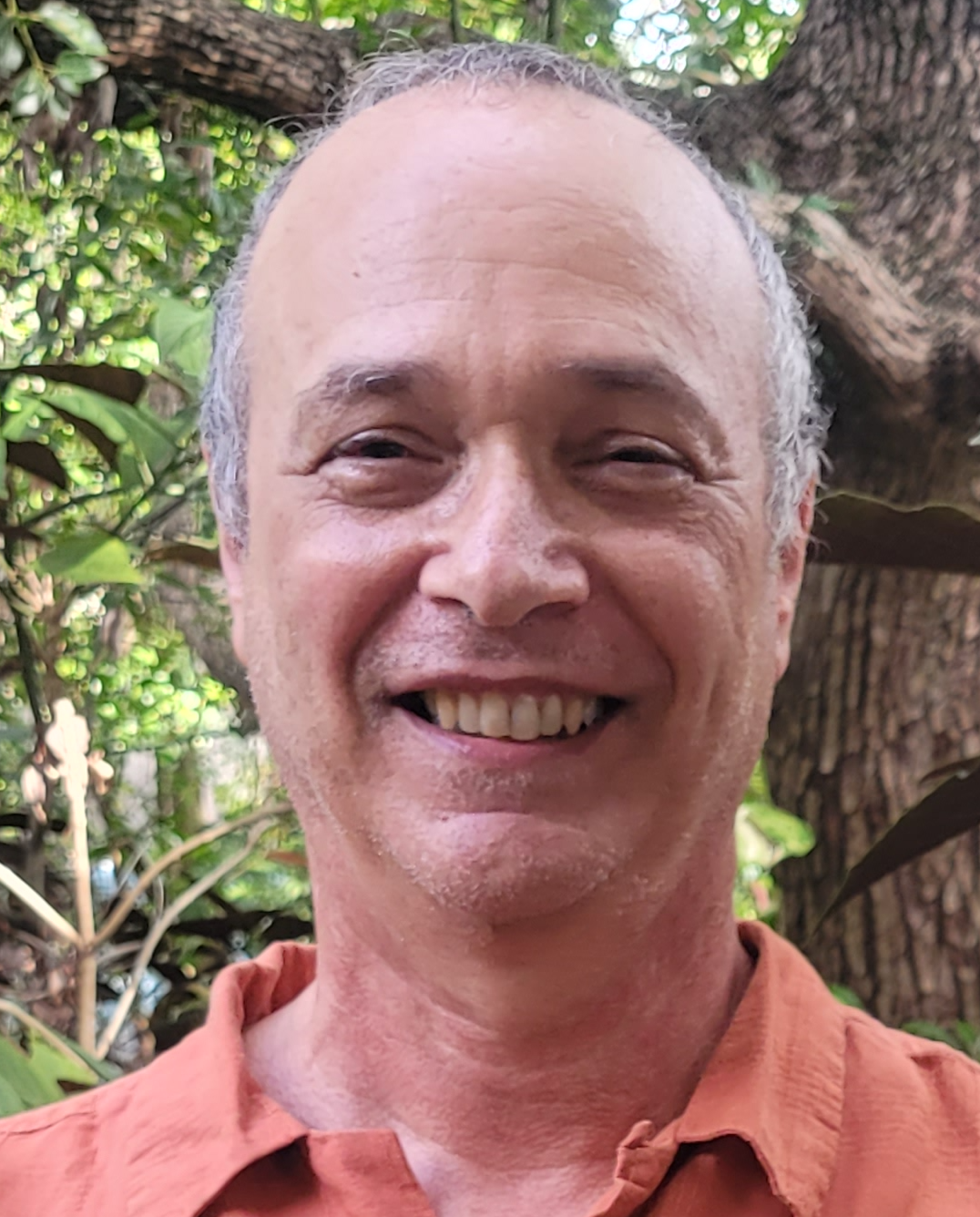We Make Florida Happen: Celebrating AFSCME Workers and the Vital Services We Provide To The Public
Resident: St. Petersburg
Title: Research Scientist
Agency: Florida Wildlife Commission, Florida Fish and Wildlife Research Institute
Start date: 1993
Richard's story: "My interest in ecology was what inspired me to get into this line of work. I started out in forest insect ecology and then shifted to human land-use impacts on nature. A position opened with the state of Florida to study the spatial ecology of manatees. I applied, got the position, and did this work for 16 years before transferring to my current responsibilities within the Florida Fish and Wildlife Conservation Commission.
I am programming a mobile application for citizen reporting of wildlife issues, and developing a decision support system for coral reef conservation. I publish papers, the most recent being “Systems thinking to operationalize knowledge-to-action in fish and wildlife agencies.” I also write grant proposals when the opportunity arises.
My agency’s mission revolves around environmental protection of fish and wildlife and the citizens of Florida. We monitor the status threatened and endangered species, support hunting, fishing, wildlife viewing, and other recreational activities, are concerned with habitat protection and restoration, and engage stakeholders in a wide variety of management decisions.
People in my position typically have a Ph.D. or Masters of Science degree in a biological or ecological science. In addition computer, statistical, geographic information skills strongly enhance the ability to do my job. We do receive trainings on new methods and software as these constantly evolve so the person hired by the state is much more skilled after a few years than when they were hired.
Mostly I like making a difference to the citizens of Florida. We are highly applied in our work so, in essence, we work the front lines of fish and wildlife conservation. The outcomes of our work are often very tangible and most Floridians recognize the value of our work.
Could we use more resources to hire more skilled staff and update our equipment more frequently? Absolutely, but we do the best we can with what we have. Our biggest challenge is retaining the skilled staff that we already have. Our compensation is low compared to the private sector and federal and county governments; our wages do not keep up with inflation, our retirement package is constantly threatened, and our excellent health benefit is often teetering on the edge of weakening. Unfortunately the impacts of our challenges may not be noticeable to the public because what services we cannot deliver due to staff turnover is obscure."

